The biggest reason for paying into your workplace pension is that when you do, your employer does too!
As a minimum, they’ll pay 3% of your salary into your pension. You can think of this as free money from your employer, which is only available when you join your workplace’s pension scheme.
Your pension is basically a type of long-term savings account for when you choose to work less or retire. It will provide an additional income above the current basic State Pension, which is around £9,500 a year.
By putting money aside now for the future, you’ll have a higher income when you stop working. You might even be able to retire before the State Pension age! (It’s currently 66, but will start increasing from 2026.)
Also, because you don’t pay tax on what you pay into a pension scheme, you get to keep more of your money!
Let’s look at an example of what this means for a Basic Rate Tax Payer:
- £100 paid into your pension costs you only £80 take-home pay.
- Your employer will pay in a minimum of £60 in addition to your £100.
So in everyday life, if you saved £80 into a savings account you’d have…£80.
But in the world of pensions, if you save £80 from your salary you’ll end up with £160 in your pension.
